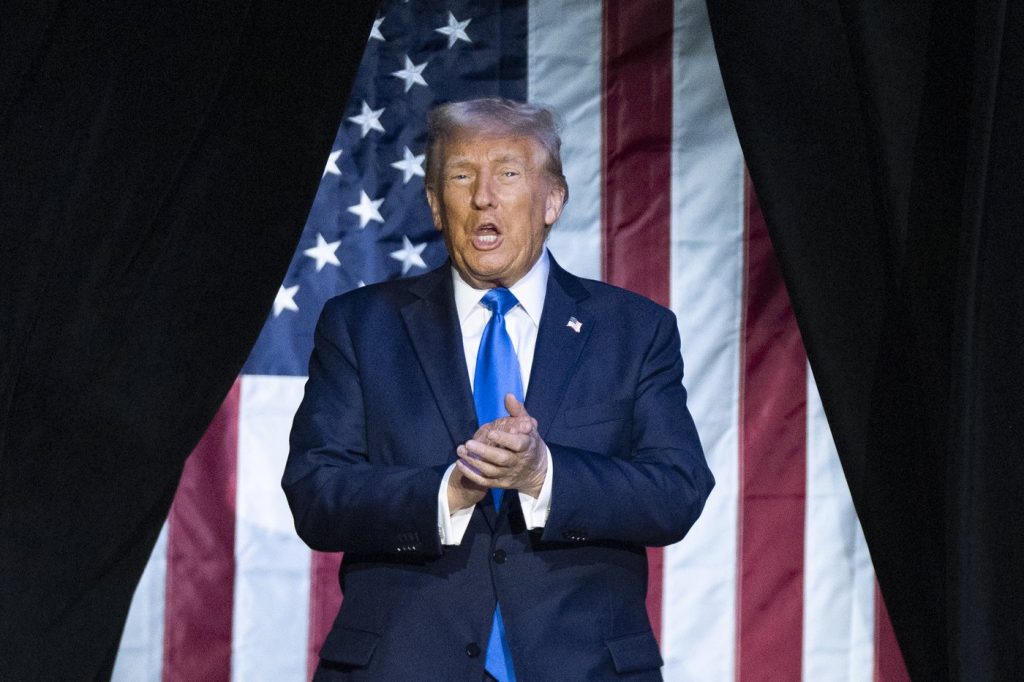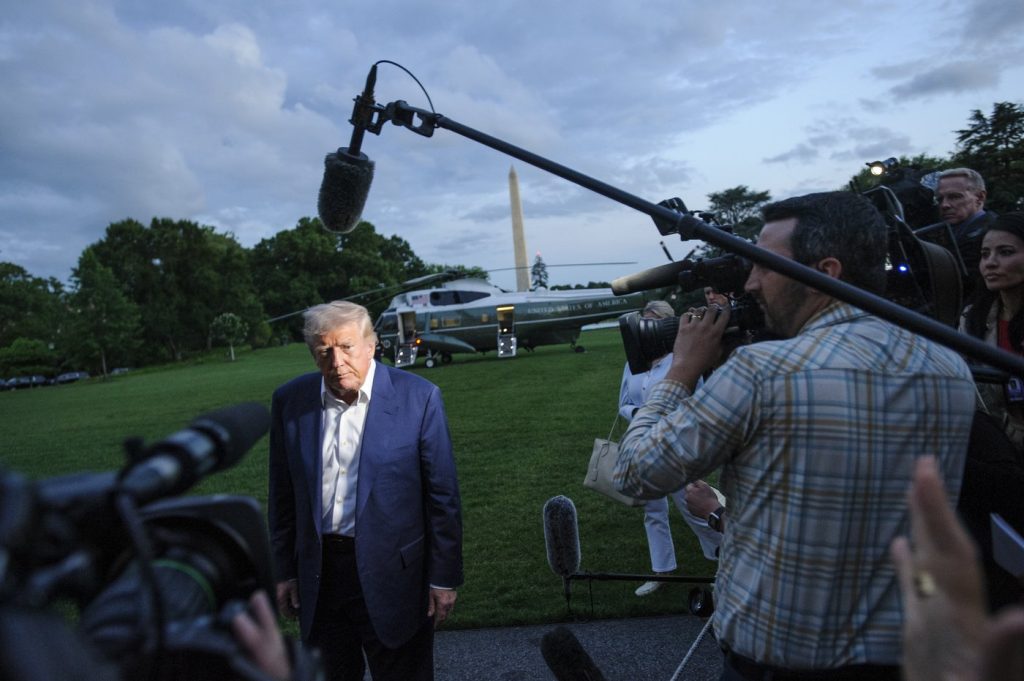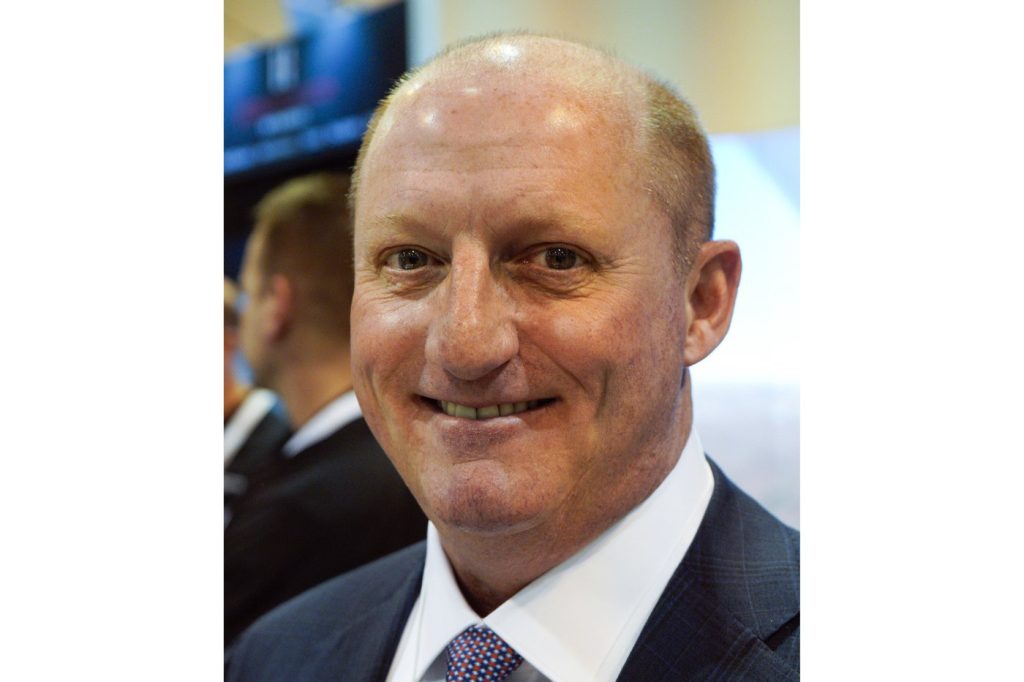In a recent interview with NBC's "Meet the Press," President Donald Trump expressed cautious remarks regarding his responsibilities in upholding due process rights as outlined in the U.S. Constitution. His comments come as the Republican leader's efforts to implement his agenda face considerable challenges domestically, coinciding with the 100-day mark of his second administration. Despite these challenges, Trump asserted that he remains committed to the agenda that he believes the American electorate supported during the November elections.
When questioned about the entitlement of U.S. citizens and noncitizens to due process under the Fifth Amendment, Trump responded ambiguously, stating, "I don’t know. I’m not a lawyer." This remark has drawn criticism from various quarters, especially from the left, who argue that the Trump administration has been undermining due process. The case of Kilmar Abrego Garcia, a Salvadoran man deported under contentious circumstances, was highlighted as a significant example of this alleged erosion of rights. Trump maintained that Abrego Garcia is affiliated with a violent transnational gang and defended his administration’s aggressive deportation policies, claiming that "some of the worst, most dangerous people on Earth" are targeted for removal.
Additionally, in an unusual assertion, Trump downplayed the likelihood of military action being necessary to annex Canada as the "51st state." His previous threats towards Canada, made during preparations for an upcoming meeting with newly elected Canadian Prime Minister Mark Carney, were tempered by his statement that "it's highly unlikely" military force would be employed. Trump further criticized Canada for not contributing adequately to their military expenses, labeling it unfair to U.S. taxpayers. In a broader context, he dismissed the significance of Canadian imports, claiming that the U.S. does not need their products while asserting that the nation actually subsidizes Canada by approximately $200 billion annually.
On economic matters, Trump characterized the U.S. economy as being in a "transition period" but predicted it would perform "fantastically" despite concerns from Wall Street analysts regarding a potential recession. Deflecting criticism for a recent 0.3% decline in the economy, he attributed the shortcomings to the policies of his predecessor, Joe Biden, and insisted that the positive aspects of the current economy are the result of his administration's previous policies.
In discussing the notion of a potential third-term run, Trump acknowledged substantial support for such an endeavor, yet played down the idea, claiming, "This is not something I'm looking to do." He emphasized his focus on completing a strong four years in office, ultimately looking to pass the baton to a capable Republican successor. His remarks, however, hinted at lingering aspirations, especially as the Trump Organization began marketing "Trump 2028" merchandise. While mentioning Vice President JD Vance and Secretary of State Marco Rubio favorably, Trump insisted it was "far too early" to discuss potential successors within the Republican Party. He reaffirmed his belief in the resilience and future success of the "Make America Great Again" movement.
Overall, the interview shed light on Trump's contentious views regarding legal rights, international relations, the U.S. economy, and his political future, highlighting the often-combative nature of his public discourse.












